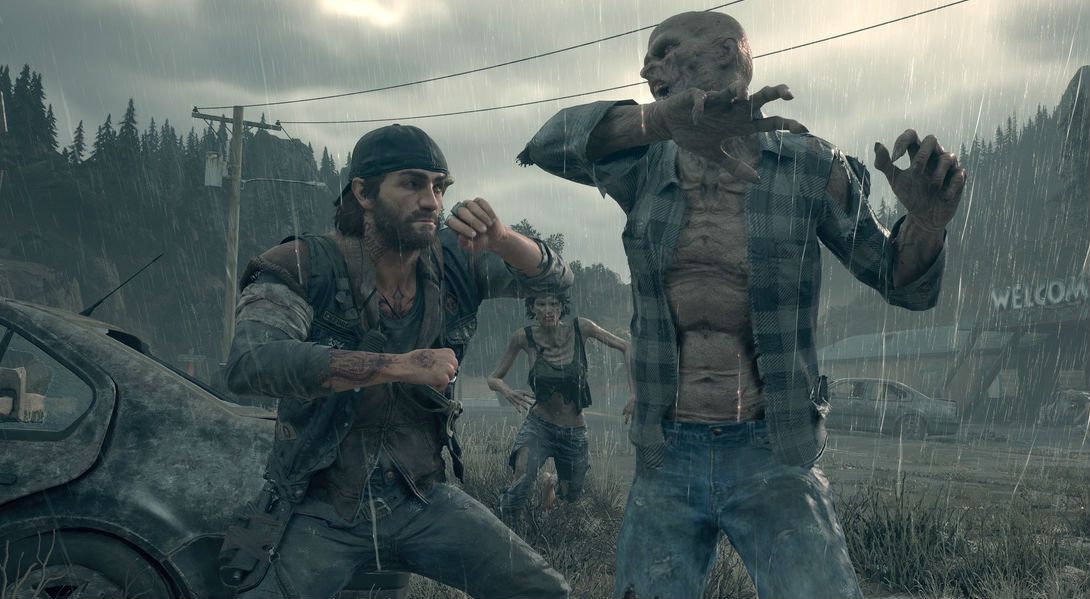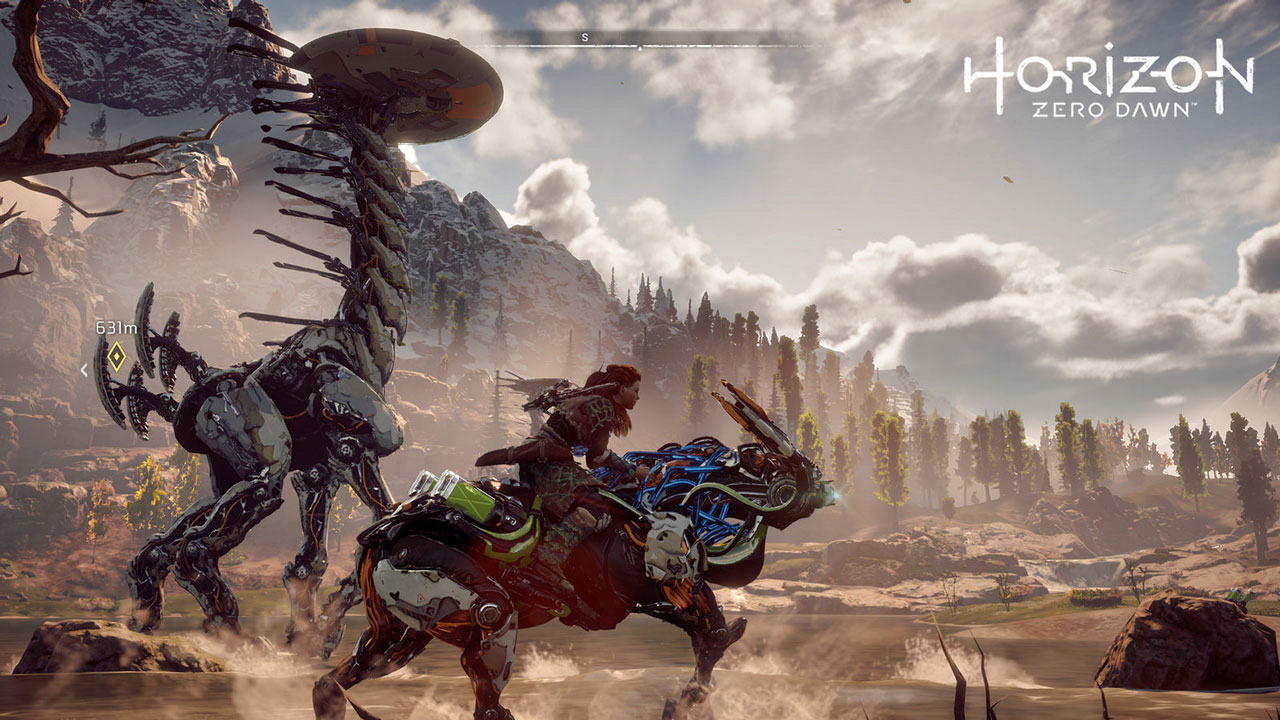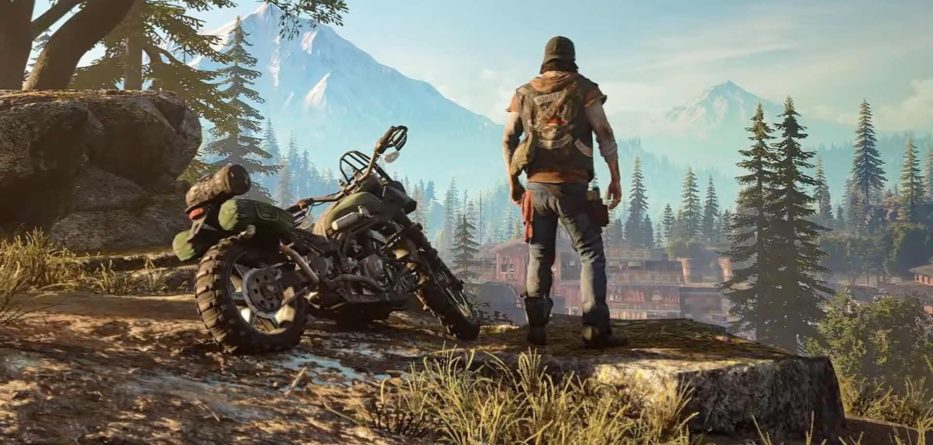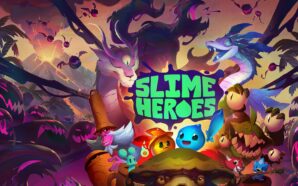Days Gone seems like its been around for ages. First revealed at E3 in 2016 we’ve seen it at various trade shows, had a few trailers and got interviews and features in gaming magazines. Of all Sony’s upcoming first party releases it’s the one we’ve seen the most of, yet I don’t feel I know much about it.
Past its premise of biker riding around a post apocalyptic, zombie (freaker) infested world I know very little. That, however is changing. Bend Studio and Sony have been giving us a little more information over the past few weeks leading up to its April release. Whilst some of the footage and the messages are similar to what we’ve had before, it’s edited and presented in an interesting way. Exposition, environment and equipment are all given with context and paired well in (so far) three new videos. It’s starting to take shape in my mind more. These videos are building well on the previous coverage.
This begs the question, should a game be announced followed by a slow trickle of information or does an announcement and quick turn around build excitement better? I’m not sure there’s a simple answer to that. Not only would it depend on the franchise or game genre in question but also on platform exclusivity.
For Days Gone at least the slow build leading to focused videos may be turning peoples view of it for the better. For months I’ve seen social posts in gaming groups such as “anyone interested in this?” or “this looks alright, anyone know anything about it?” suddenly the sentiment is much more positive, much more informed. All from new videos and the media traction that’s given it. Of course this is all for sales and that’s the ultimate goal for coverage, but how well does the build up effect sales?

Let’s look at a few similar examples. We knew about Spider-Man for a few years before it’s release. Seen first at E3 2016, alongside Days Gone, it took around 2 years to be released. Sony started to ramp up its coverage and push the game with a major marketing campaign a month or so out from release. As of November 25th it had sold 9 million physical and digital copies (including those released as part of console bundles). As a major established franchise Spider-Man may be a bad example however. Whilst an amazing number of copies were sold people know Spider-Man, he has a ton of fans already and I would imagine that helped sales. But it is an example worth noting as Sony’s best selling game of 2018.
https://www.gamespot.com/articles/ps4-continues-to-enjoy-great-success-spider-man-up/1100-6464233/
Perhaps looking at a similar game would be a better place to help predict what Days Gone, and the slow build approach may achieve. Horizon Zero Dawn, almost one year after its release had achieved a sales number exceeding 7.6 million worldwide. An impressive figure for a new IP. This made it the best selling new first party franchise to launch on PS4. Announced at E3 in 2015 it released just under 2 years later. Like Spider-Man and Days Gone we saw more of the game at the following E3 and then launch trailers a month out from release.

I don’t see Days Gone doing these numbers. Spider-Man had the popularity of the franchise behind it and HZD had robot dinosaurs and a strong female protagonist as their hooks. Whilst Days Gone looks good it may be too familiar for some. Zombies and open world survival have been done both successfully and not so, a lot. I hope the Sony approach to marketing the game works for it and it can reach close to a million in its first week with a lifetime of 4 million. When putting a number on success everyone has a different level so I hope Sony doesn’t take its recent successes with HZD, God of War and Spider-Man and be too hard on Bend studio of they don’t shift numbers.
Sony have, for years, announced and built up to games like this. With a few big hitters still to release it may continue working for them in the future too. Others studios and publishers take a very different approach though. At the opposite end of the spectrum Bethesda announced Doom and released it within a year, and whilst teased in 2016 Wolfenstein 2 was officially announced in 2017 and released in less than 6 months. Sales figures on these games are hard to find to make a reasonable comparison but weekly chart figures wouldn’t put either game, even as multiplatform releases, in the same sphere as the Sony games. This suggests the the slow build approach is working better.

A final example to look at is the recently released Apex Legend. This came out of nowhere. Leaked a day before the official release, Respawn and EA’s battle royale has gone under the radar during development, but performed well. Yes, it’s free to play but it’s user base was huge for day one; hitting 2.5 million unique players. Considering Battle Royale is hot right now it’ll be the end of month users which could be the measure for success. As the opposite to Sony’s approach it shows that there’s not really any knowing how well a game will do.
These examples would suggest Sony are doing it right but this isn’t a conclusive set of data. I’d need to examine every game release, their announcement to release turn around and their sales numbers but I’ve games to play instead. Of course I haven’t touched on once a year franchise releases like Fifa, Call of Duty or Assassins Creed but they’re a beast of their own.








